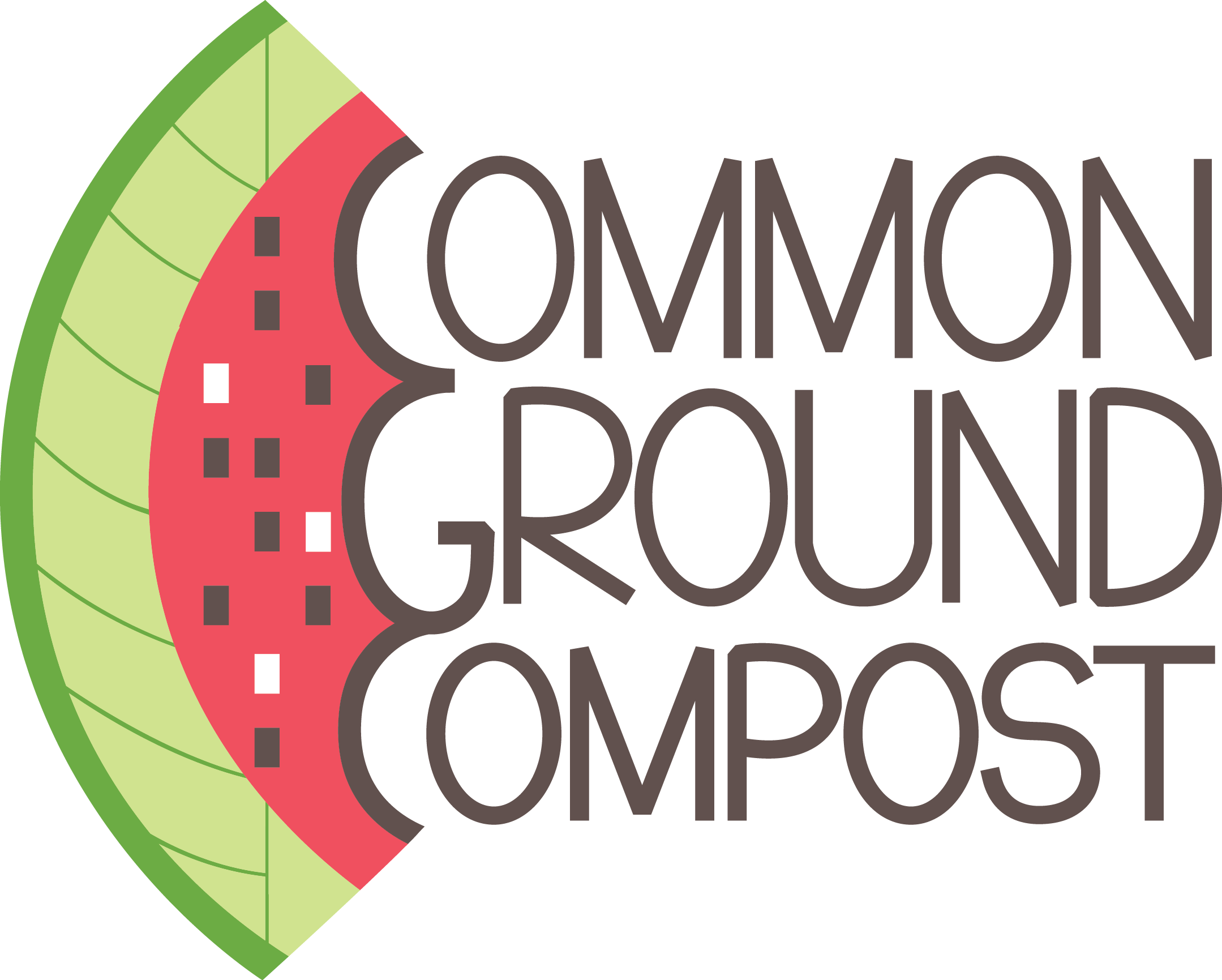Archive: NYC's Commercial Composting Laws
Originally published 2017/06/20
NYC’s commercial composting laws are in place and being enforced. Never fear, we’ll help you stay up to date and in compliance!
The most recent official notice regarding commercial organics rules was released on January 19, 2016. Link to the official notice here. The rules were put into effect on July 19, 2016 and were made enforceable by law on January 19, 2017. These rules are outlined below for your convenience.
What types of businesses are required by NYC law to separate their organic waste?
Any food service establishment in a hotel with 150 rooms or more
Any food service venue in an arena or stadium with seating for +15,000 people
Any food manufacturer with a floor area of at least 25,000 square feet
Any food wholesaler with a floor area of at least 20,000 square feet
For these businesses, what types of organics must be separated?
Food scraps including grains, vegetable and fruit trimmings, bread, animal bones, coffee grinds, etc. (excluding material sold to farmers or rendering companies, or food that is donated)
Plant trimmings
Food-soiled paper
Certified compostable products (more on “Certified Compostable Products” coming soon!)
How to comply and avoid violations:
Use labeled containers designated specifically for organics and post signage with clear instructions about separation requirements in areas where customers or staff are disposing of waste. These steps will help reduce cross-contamination among the various waste streams – a major problem in the recycling industry.
On that note, always be sure that organics are placed in the appropriate containers and are not mixed with garbage or recyclables.
Arrange for organic waste to be transported and/or processed separately from garbage and recycling. Post a sign next to your BIC decal that clearly indicates your arrangement, (this will be provided by your hauling company). Here are some options:
The most common solution is to hire a private carter and be sure to comply with that carter’s specifications, (especially for items like Certified Compostable Products).
A far less common option is to register with the NYC Business Integrity Commission to legally self-transport your organic waste. Application for Self Hauler Registration.
The final, and most intensive option, is to process your organic waste on-site using aerobic or anaerobic practices, usually with a machine or technology installed on premises (a food waste grinder is not permitted). IF you go this route, be sure to register HERE within 30 days of installation and maintain records for a minimum of three years. We can help if you are interested in exploring options for onsite processing. It is important to note that some processing technologies cannot accept all organic matter (like large bones, and very fibrous materials like artichokes and pineapple tops). For any organic waste that can’t be processed on site, businesses must either haul away or self haul the material to be in compliance with the law.
Additional Tips:
Performing a waste audit is a great way to identify unnecessary waste and find ways to save money! Call the CGC team to help, or you can do it yourself using the EPA’s website to guide your process.
Donating food is an excellent way to both give back to your community and reduce your hauling costs. Visit donateNYC for more info on where to donate.
If you suspect that your carter or building management is not handling organics properly, file a complaint with the DSNY.
